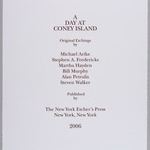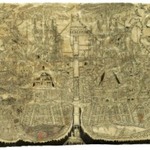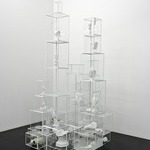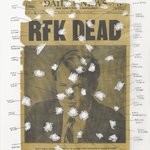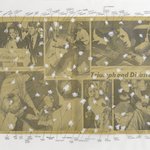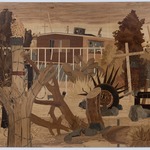Heather's Dégradé
Ghada Amer
Elizabeth A. Sackler Center for Feminist Art
In textiles, dégradé refers to the diminution of a fabric’s color when a dye fades from dark to light. In Heather’s Dégradé, Ghada Amer depicts women who seem to be in a state of dégradé, the outlines of their bodies, in explicit poses often culled from pornography, almost dissolving into overlapping forms that appear at a distance as an abstraction. Her choice of words is also a play on women’s “degradation” by the act of sex—traditionally thought to downgrade the social value of women—here depicted with pleasure and sensuousness. Amer’s choice of thread as a medium is a nod to the devaluation of sewing as “women’s work,” as well as to the modern perception that “craft,” as the production of those who labor for a living, has less intrinsic value than “fine” art.
MEDIUM
Embroidery and gel medium on canvas
DATES
2006
DIMENSIONS
78 x 62 x 1 1/2 in. (198.1 x 157.5 x 3.8 cm)
(show scale)
SIGNATURE
Signed in pencil on lower left edge of canvas: "Ghada Amer 06"
ACCESSION NUMBER
2013.50.1
CREDIT LINE
Frank L. Babbott Fund, Mary Smith Dorward Fund, William K. Jacobs, Jr. Fund, and Florence B. and Carl L. Selden Fund
PROVENANCE
Prior to 2008, provenance not yet documented; by 2008, acquired by the Arthur M. Sackler Collections Trust; 2013, purchased at Christie's, New York, NY by the Brooklyn Museum.
Provenance FAQ
MUSEUM LOCATION
This item is not on view
CAPTION
Ghada Amer (American, born Egypt, 1963). Heather's Dégradé, 2006. Embroidery and gel medium on canvas, 78 x 62 x 1 1/2 in. (198.1 x 157.5 x 3.8 cm). Brooklyn Museum, Frank L. Babbott Fund, Mary Smith Dorward Fund, William K. Jacobs, Jr. Fund, and Florence B. and Carl L. Selden Fund, 2013.50.1. © artist or artist's estate (Photo: Brooklyn Museum, 2013.50.1_PS9.jpg)
IMAGE
overall, 2013.50.1_PS9.jpg. Brooklyn Museum photograph, 2013
"CUR" at the beginning of an image file name means that the image was created by a curatorial staff member. These study images may be digital point-and-shoot photographs, when we don\'t yet have high-quality studio photography, or they may be scans of older negatives, slides, or photographic prints, providing historical documentation of the object.
RIGHTS STATEMENT
© Ghada Amer
Copyright for this work may be controlled by the artist, the artist's estate, or other rights holders. A more detailed analysis of its rights history may, however, place it in the public domain.
The Museum does not warrant that the use of this work will not infringe on the rights of third parties. It is your responsibility to determine and satisfy copyright or other use restrictions before copying, transmitting, or making other use of protected items beyond that allowed by "fair use," as such term is understood under the United States Copyright Act.
For further information about copyright, we recommend resources at the
United States Library of Congress,
Cornell University,
Copyright and Cultural Institutions: Guidelines for U.S. Libraries, Archives, and Museums, and
Copyright Watch.
For more information about the Museum's rights project, including how rights types are assigned, please see our
blog posts on copyright.
If you have any information regarding this work and rights to it, please contact
copyright@brooklynmuseum.org.
If you wish to contact the rights holder for this work, please email
copyright@brooklynmuseum.org and we will assist if we can.
RECORD COMPLETENESS
Not every record you will find here is complete. More information is available for some works than for others, and some entries have been updated more recently. Records are frequently reviewed and revised, and
we welcome any additional information you might have.
Why did Ghada Amer intentionally use pornographic/erotic women in this work?
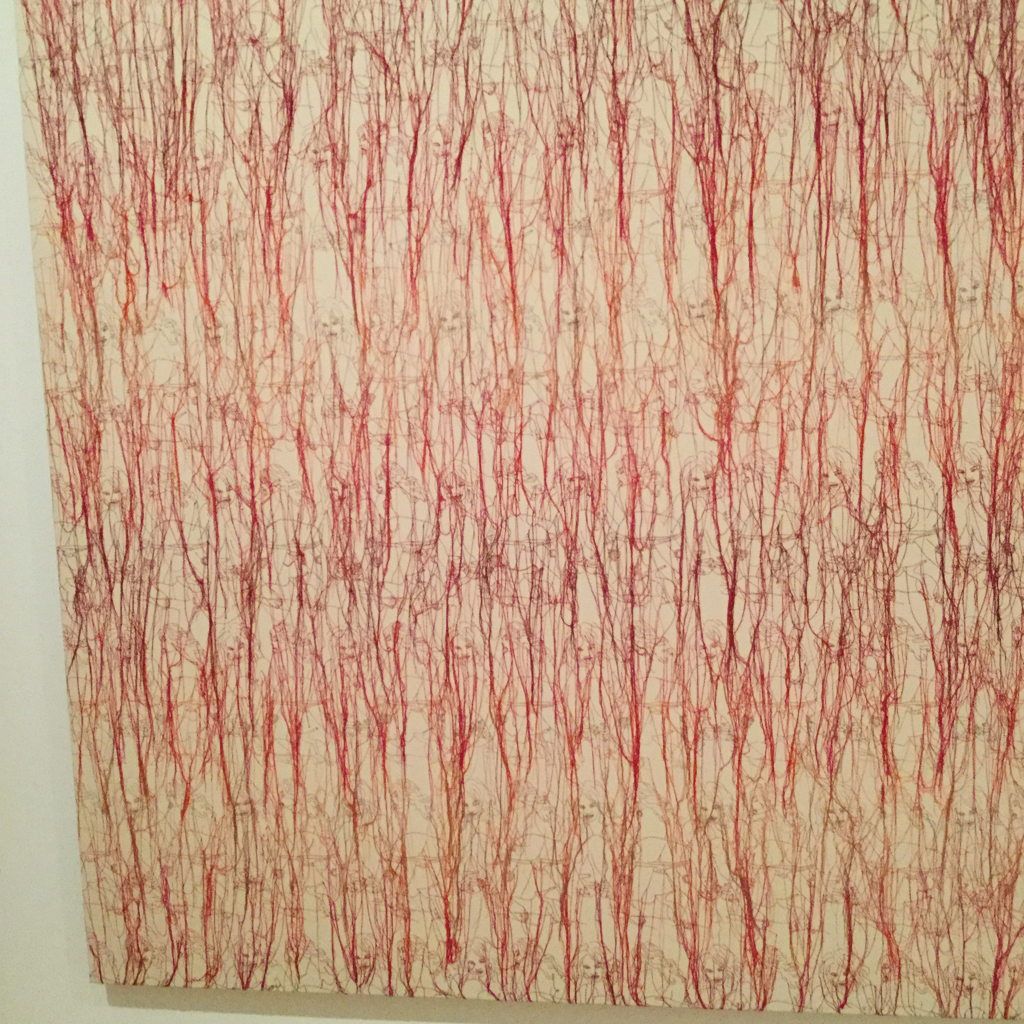
By using erotic images of women, Amer is questioning the rules imposed on women concerning their bodies and sexuality.
She is both critiquing female objectification while also celebrating female pleasure.
Tell me more!
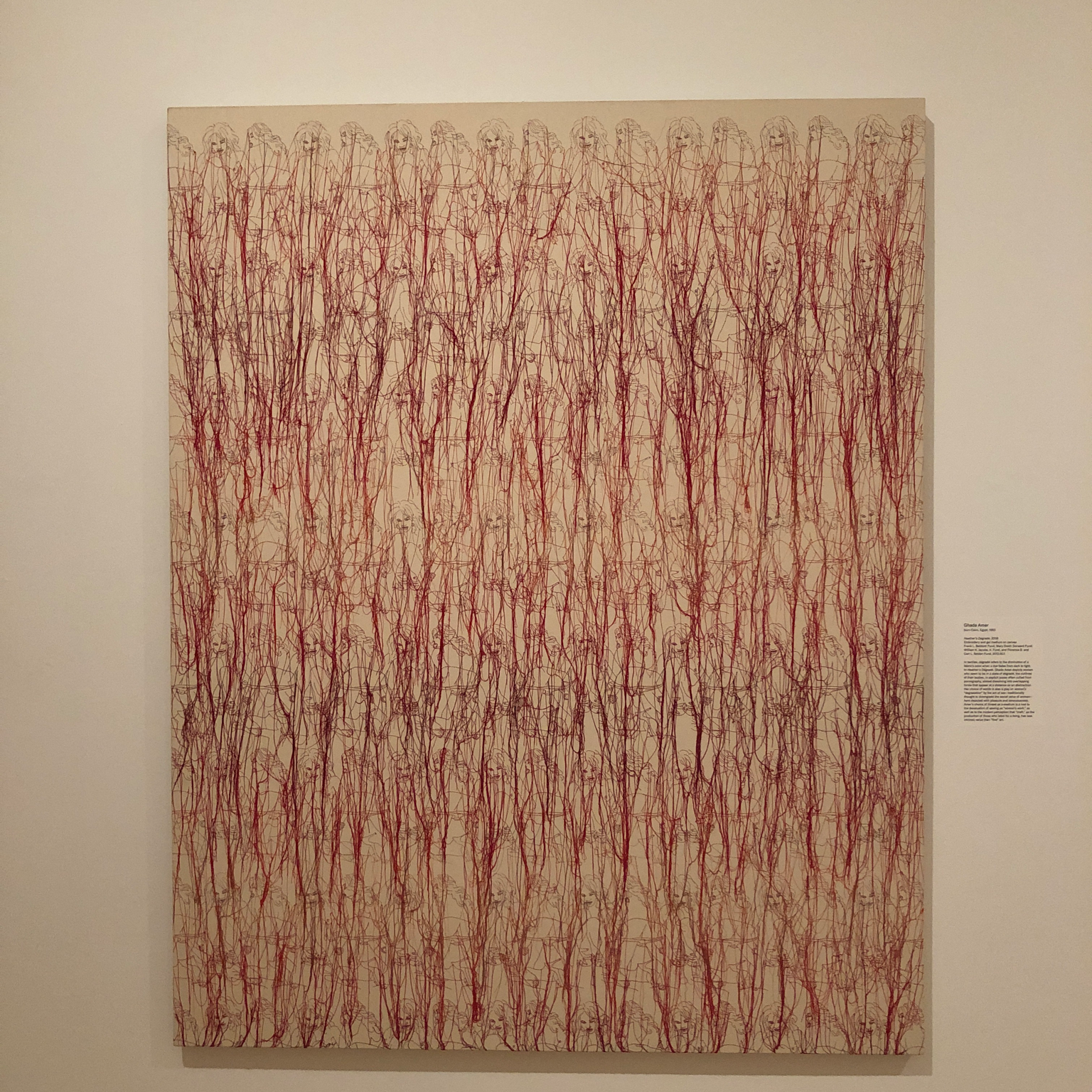
Ghada Amer is best known for her erotic embroideries meant to question the rules imposed on women as well as questioning the line between "art" and "craft."
The figures she chooses to reproduce in thread are the ones she finds the most sexy and powerful. She typically sources them from magazines.
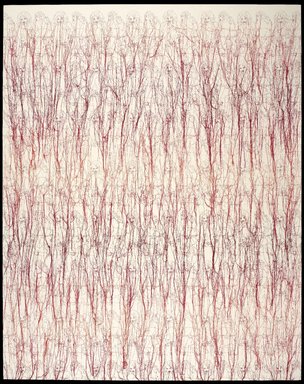


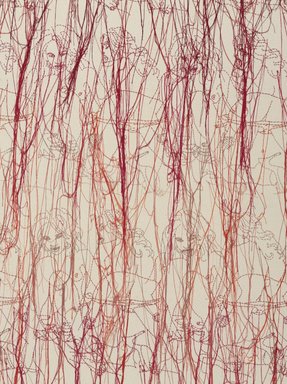
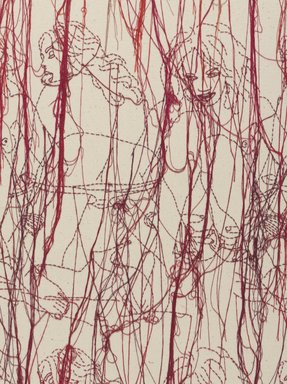





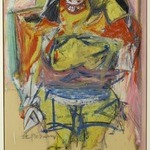
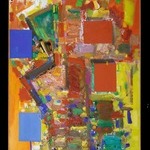
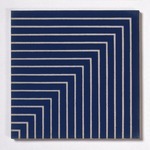
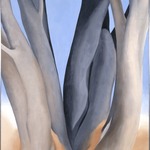
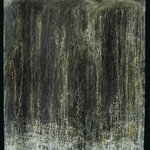
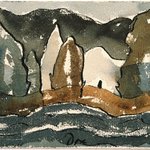
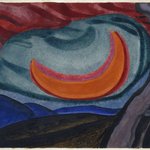
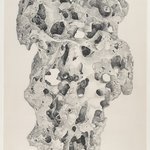
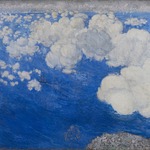
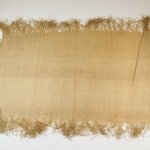
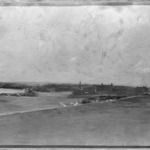
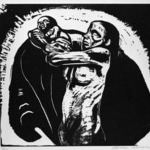
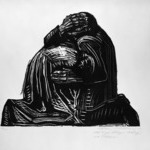
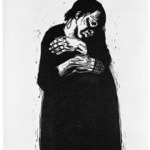
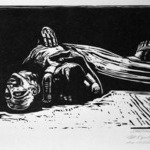
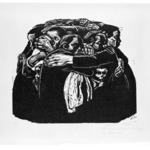
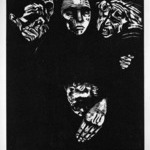
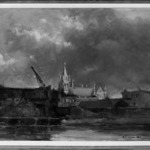
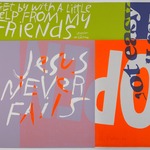
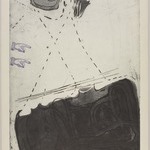
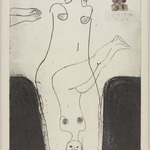
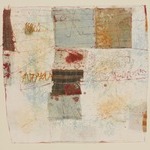
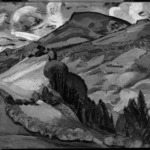
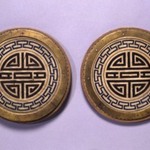
![[Untitled] (Cyclone)](https://d1lfxha3ugu3d4.cloudfront.net/images/opencollection/objects/size2_sq/2006.30.6_PS9.jpg)
